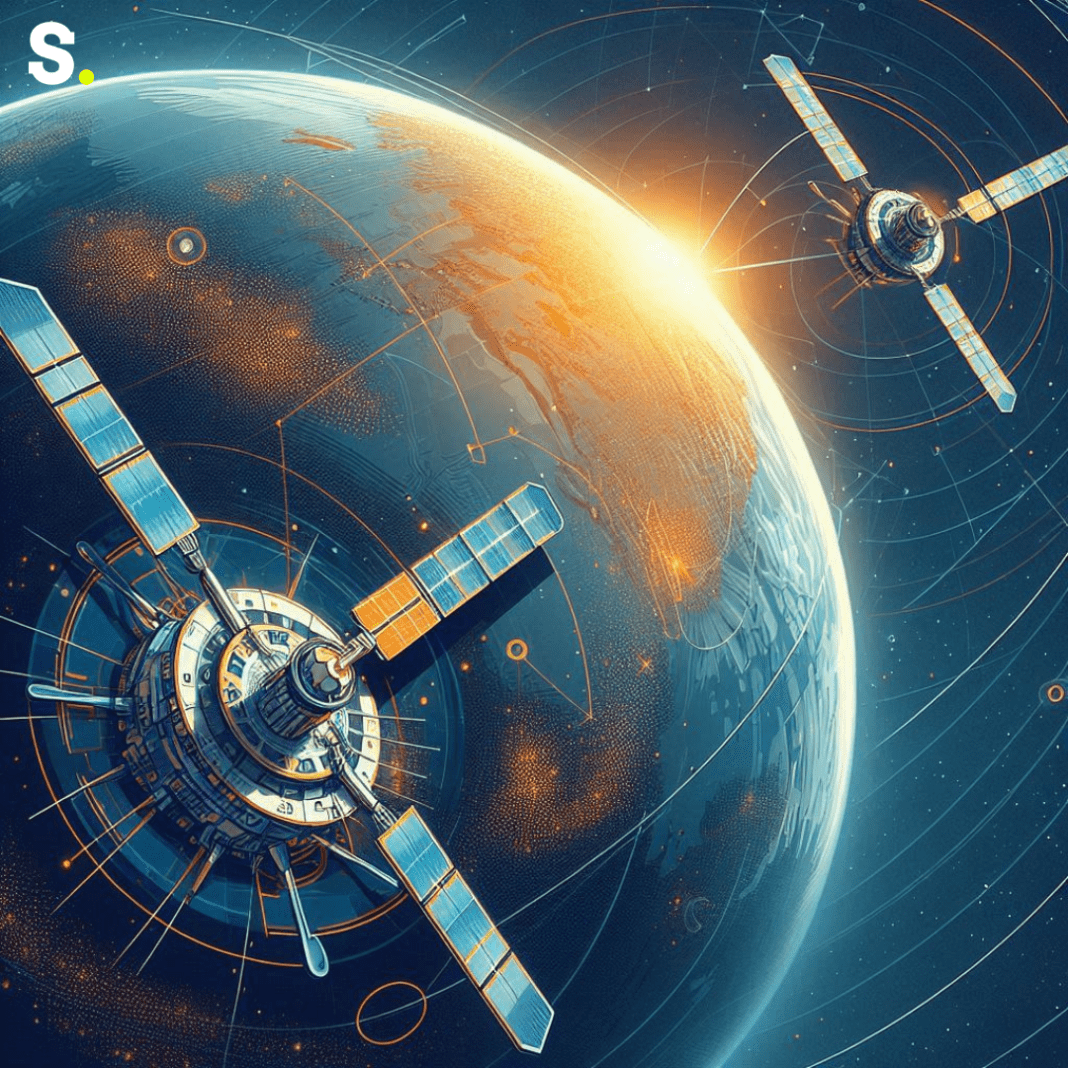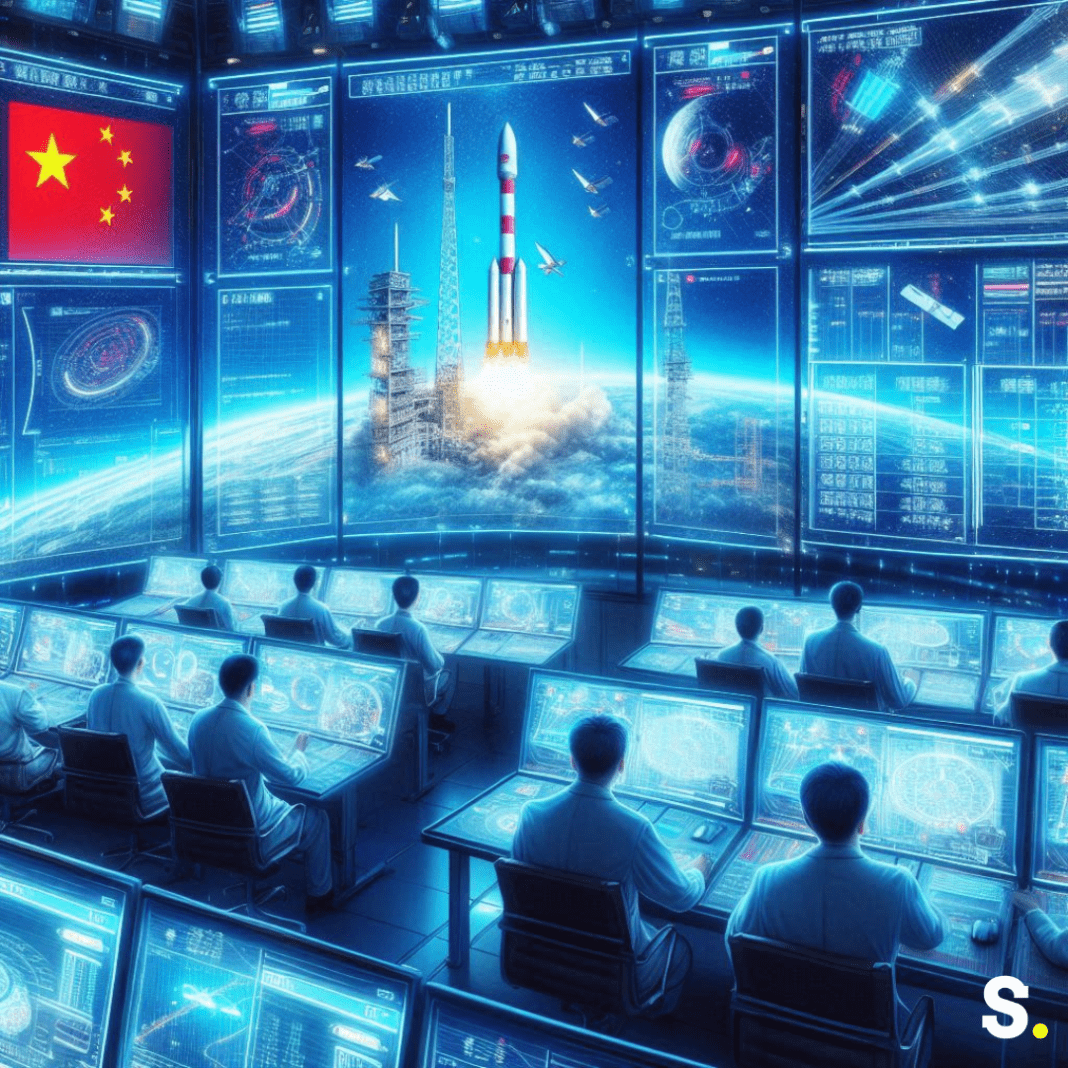Data Center Revolution: The Future of Data Collection in Space
Data centers are evolving, and space exploration has reached new heights, bringing with it a dramatic increase in the volume of data collected by satellites. This data is crucial; it supports both human and robotic missions, helps monitor and safeguard our planet, and uncovers the deepest secrets of the cosmos. However, a significant challenge arises with transmitting this vast amount of data from space to Earth. The process of data transfer is complex and can be slow, impacting the timeliness of critical information.
To tackle this challenge, the European Space Agency (ESA) has funded an ambitious project exploring the concept of space-based data centers. This innovative initiative, carried out in collaboration with KP Labs and IBM, envisions a future where data centers are located not on Earth but in space. By processing data directly in orbit, this approach aims to address the limitations and difficulties associated with data transport.
Reducing Data Transport Challenges
Currently, satellites gather data in space and transmit it back to Earth. This data then undergoes processing on the ground, where scientists and researchers analyze it to gain new insights. However, transmitting raw data over vast distances from space to Earth presents several challenges. The time it takes to transfer data, known as latency, can be a significant obstacle, especially in time-sensitive situations such as responding to natural disasters.
To overcome these hurdles, the idea of integrating advanced data-processing units on satellites is gaining traction. Rather than transmitting unprocessed data to Earth, these machines may process data immediately in orbit. This shift could be revolutionary, allowing satellites to handle complex computations and analysis in orbit. Instead of transmitting large volumes of raw data, satellites could send only the processed, relevant results, which would significantly reduce the amount of data that needs to be transmitted and the associated delays.
Advances in technology, particularly in computing power and artificial intelligence, are making this vision more feasible. Future satellites equipped with these technologies could act as mini data centers, performing sophisticated data analysis and only sending back the most valuable insights. This approach could greatly enhance the efficiency of space missions and improve the quality of information available to scientists on Earth.
Exploring Innovative Scenarios
The ESA team looked at a number of futuristic scenarios to investigate the possibilities of space-based data centers. These scenarios aim to demonstrate how space-based data centers could operate and the benefits they might offer.
One scenario involves two satellites working in tandem in the same orbit. In this setup, one satellite is responsible for collecting data, such as monitoring environmental changes like wildfires. The collected data is then sent to a second satellite, which acts as a space data center. This data center would process the information to identify potential fire hotspots. If necessary, it would conduct further analysis and, only after refining the data, send the final results to Earth. This method would improve the accuracy and efficiency of Earth observation applications, providing more timely and relevant information.
Another scenario envisions a satellite in Low Earth orbit transmitting data to a geostationary space data center. Geostationary satellites maintain constant communication by being positioned over a certain region of the planet. This constant connectivity allows the space data center to receive and process data from multiple satellites and send it back to Earth without interruptions.
The utilization of a lunar lander as a space data center is investigated in a third scenario. In this scenario, data collected by rovers exploring the Moon would be processed and stored on the lunar lander. The lander would then send only the most critical findings back to Earth through a relay satellite in orbit. This approach would enable efficient data handling in lunar missions, ensuring that only the most valuable information is transmitted back to Earth.
Understanding the Challenges and Possibilities
The ESA team worked diligently to understand both the technical and economic challenges associated with space-based data centers. They developed a simulation tool to evaluate how these centers might evolve over time, considering future technological advancements and varying needs. The simulations provided insights into the potential benefits of processing and storing data in space, highlighting the advantages of this innovative approach.
Overall, the concept of space-based data centers represents a significant advancement in how we handle and process space data. By moving data processing to orbit, we can address some of the current limitations and delays in data transport. This approach promises to enhance the efficiency and effectiveness of space missions, paving the way for more advanced and timely scientific discoveries.




